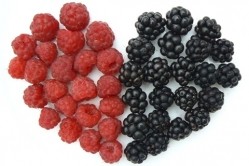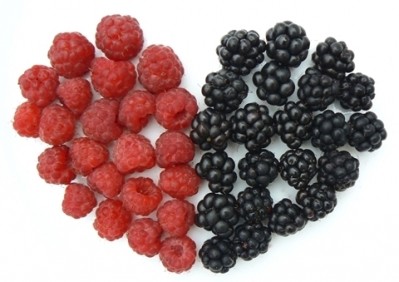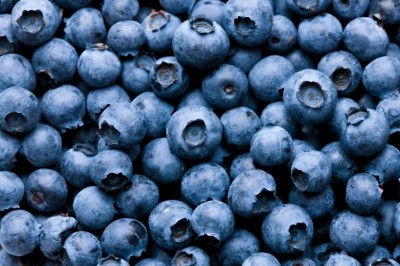Study finds berry pigments may decrease bad cholesterol in overweight individuals

After reviewing 12 articles that explained the results of randomized controlled trials on the use of anthocyanin, research published in the journal Nutrition found that the flavonoids that give berries their color may help decrease the bad cholesterol in those with elevated bio markers, or in more colloquial terms, individuals who are overweight or obese.
“This [adds] to existing scientific evidence from observational, animal, and mechanistic studies suggesting that anthocyanins and anthocyanin-rich extracts may have the potential to affect markers of cardiovascular diseases,” the researchers from George Mason University in Virginia wrote in their study, titled “Systematic Review of Anthocyanins and Markers of Cardiovascular Disease” and published in Nutrition.
Subduing the number one cause of death?
Data from the World Health Organization (WHO) indicates that cardiovascular disease is the number one cause of death worldwide. The researchers cited information from the WHO, which predicted that by 2030, 28 million individuals will die from a cardiovascular disease.
“Berry consumption has recently been reviewed and has shown to be an essential fruit group in a heart-healthy diet,” the researchers wrote. “This may be due in part to the abundance and variety of dietary bioactive components present.”
Though there is some research out there that sought to delve into the matter and prove anthocyanins' cardiovascular benefits, to the researchers’ knowledge, “there is no systematic review that assesses the effect of purified anthocyanins and/or anthocyanin-rich extracts on markers of cardiovascular health among randomized controlled trials.”
Because of that, the researchers of George Mason University reviewed a selection of 12 anthocyanin-related studies to “identify research gaps where additional scientific evidence is warranted.”
What are anthocynanins?
What are anthocynanins?
"Anthocyanins are the red-orange to blue-violet pigments present in many fruits, vegetables, flowers, grains, and other plant-derived foods. Interest in the biological effects of anthocyanins has grown because of their noted presence in the human diet, as well as their potential use as a value-added alternative to synthetic colorants in many food products."
T. C. Wallace, et al.
Selecting studies
The researchers looked far and wide to collect the articles to review—they searched three databses (PubMed, Web of Science Core Collection, and BIOSIS Previews) and applied five categories to filter which articles will be used for consideration. In the researchers’ words, these were the criteria for inclusion:
- They were RCTs that compared purified anthocyanins or anthocyanin-rich extracts against a placebo control;
- They involved adult participants aged ≥18 years old;
- They assessed the effect of purified anthocyanins or anthocyanin-rich extracts on markers of CVD (triglycerides, total cholesterol, high-density lipoprotein (HDL) cholesterol, low-density lipoprotein (LDL) cholesterol, or blood pressure);
- The treatment group(s) reported a quantitative or quantifiable anthocyanin content; and
- They were published in English.
Longer duration trials needed
After comparing the literature selected, the researchers found “an inverse relationship between anthocyanins and anthocyanin-rich foods and CVD outcomes (e.g., mortality)” in epidemiological studies,” which means the more anthocyanin intake an individual has seems to exhibit lower cardiovascular disease outcomes.
“Existing scientific evidence from observational, animal, and mechanistic studies [suggest] that anthocyanins and anthocyanin-rich extracts may have the potential to affect markers of [cardiovascular disease],” the researchers wrote.
However, the researchers contend that more carefully controlled, longer-duration trials that asses dose response across various populations are needed “to adequately determine whether an effect of supplementation exists.”
Source: Nutrition
Published online, doi: 10.3390/nu8010032
"Systematic Review of Anthocyanins and Markers of Cardiovascular Disease"
Authors: T.C. Wallace, et al.
















